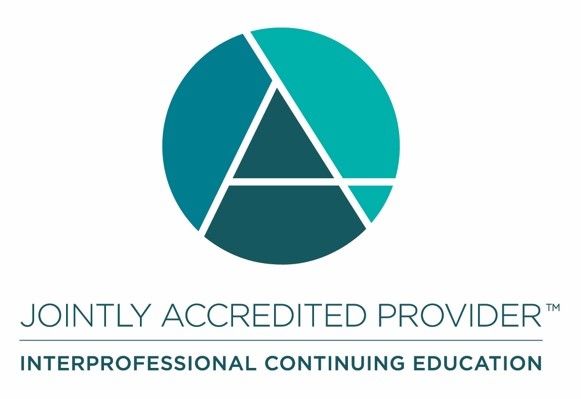Course Overview
Global Dysbiosis: From Macrobiome to Microbiome
Explore the gut microbiome’s impact on digestion, immunity, and the brain. Learn how diet, environment, and biodiversity shape gut health, and apply evidence-based strategies to restore microbiome balance for whole-body well-being.
2024 Annual Conference
October 25-27, 2024
Required Lessons
1 lesson with pre-test, video, post-test, and evaluation
Time to Complete
50 minutes
CME Eligible*
0.75 credit(s)
Detailed Course Info
Course Description
Accreditation
Accreditation Statements
American Osteopathic Association
Designation Statements
Physicians
Pharmacist
Nurses
Certificate of Attendance
Learning Objectives
Target Audience
Disclosures
Planner(s)
Speaker(s)
What's included in this course?
This course includes the following:
Write your awesome label here.

